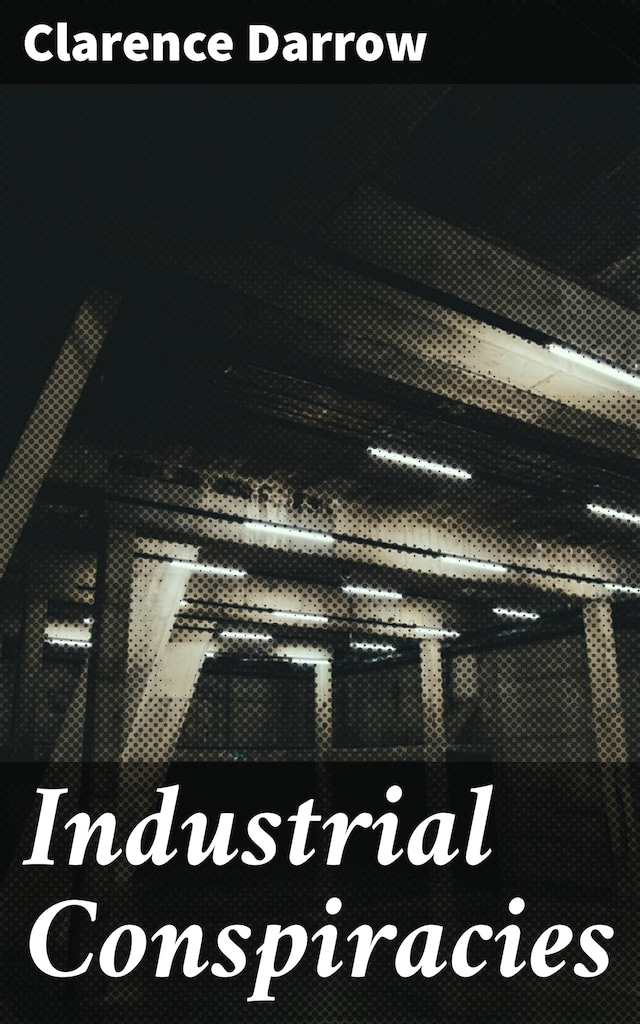
Industrial Conspiracies
Unveiling Corruption and Injustice in the Industrial Era

